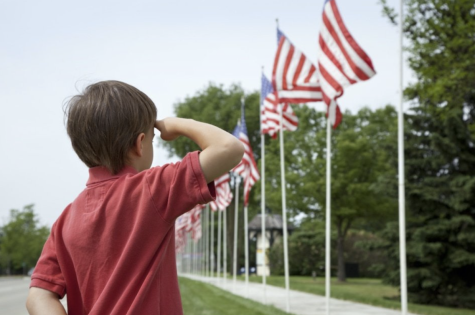Cuba: A 60 Year Lesson for the United States
October 17, 2021
On April 17th, 1961, the United States launched one of the worst military offensives of all time, rivaling that of the Spanish Armada in 1588. The operation in question is the infamous “Bay of Pigs” debacle, a US backed invasion of Cuba thwarted in just under two days. Since then, US policy in Cuba has just gotten worse. We’ve tried almost everything but convincing the Cuban people that “God” was against the Communist Party (the CIA did suggest it though). But why Cuba, you may ask? Because we’re American, goddammit.
While John F. Kennedy was by far the President that flopped the hardest when it came to Cuba, we’ve had our sights on the island nation since the late 1800’s. In fact, following the Spanish-American War in 1898, we had a military occupation on the island for four years. In the years after our occupation, the US still tried to control Cuba through the Platt Amendment, giving us the “right to intervene” in Cuban affairs, and handing over deeds of land to the US military. From 1906-1909, the US had a second occupation on the Island to oversee the election of Jose Miguel Gomez, a US friendly presidential candidate. In his term, tourism became a booming industry, while corruption did the same. This cycle of “friendly” presidents continued until Fidel Castro, with a notable exception being Alfred Zayas y Alfonso.
US policy towards Cuba post-Revolution is now very much a struggle for control, in which the US finds itself on the losing battle of. Speaking in the metaphor of a crying child; the US is this child and it just had it’s favorite toy taken away. Cuba. Following Castro’s rise to Presidente, Dwight Eisenhower employs a near full-trade embargo against the island, completely cutting off their economy to most US Allies. That embargo exists to this day, although support for it has dwindled. Our attempts to regain power haven’t always been through diplomatic means though. Operation Mongoose was the US’s desperate bid to kill Fidel Castro, or at least oust the Castro “Regime” from power. The CIA had 638 ideas drafted to kill Castro, yet failed on every attempt (there aren’t many actual estimates of attempts, but it’s at least above five).
This idea of US involvement in South American and Caribbean countries isn’t new, and the way the US has tried to control the region has been very much the same throughout several countries. First they cause public unrest, next they send money to anti-government gorillas, those forces oust the government in power, and finally the US formally involves themselves to set up an election in which a US-friendly puppet is almost always put in power. In Cuba, the unrest was from our embargo. The gorillas were the forces deployed during the Bay of Pigs. Unfortunately for the US, that’s as far as attempts in Cuba went. Looking at a successful use of our “diplomacy policies”, one has to look no farther than Chile in the 70’s.
In November of 1970, a socialst politician named Salvador Allende was elected into office. Within his first few months of policy making, he rapidly nationalized assets and industries in Chile, and thus undermined the US’ ideal of capitalism. His ties to the USSR didn’t help his standing with the CIA either, and in a declassified document, the CIA says “It is firm and continuing policy that Allende be overthrown by a Coup”. On September 11th, 1973, the Chilean Military lay siege to the Presidential Palace and took control over Chile following Allendes reported suicide during the attack. After the coup, right-winger General Augosto Pinochet was installed as president and his regime lasted until 1990. During this time, an estimated 10,000 political dissidents were reported either missing or killed. The overthrow of the democratically elected Pinochet is eerily similar to that of Cuba, with the CIA having their hand in undermining a socialist government. The methods in which they did that were also almost identical.
They say history is bound to repeat itself, and in lots of ways the US will probably do the same. Our embargo against Cuba has still held, despite international outcry. Our hardline stance against Socialist nations is certainly still in effect. Our military funding has only gotten stronger since Operation Condor. The main foriegn dilemma we face is not one of allies, but one of reconciliation. How will history paint us when we are gone, much like the empires of olden times. And my guess is that history will not be as forgiving as our allies are now.































